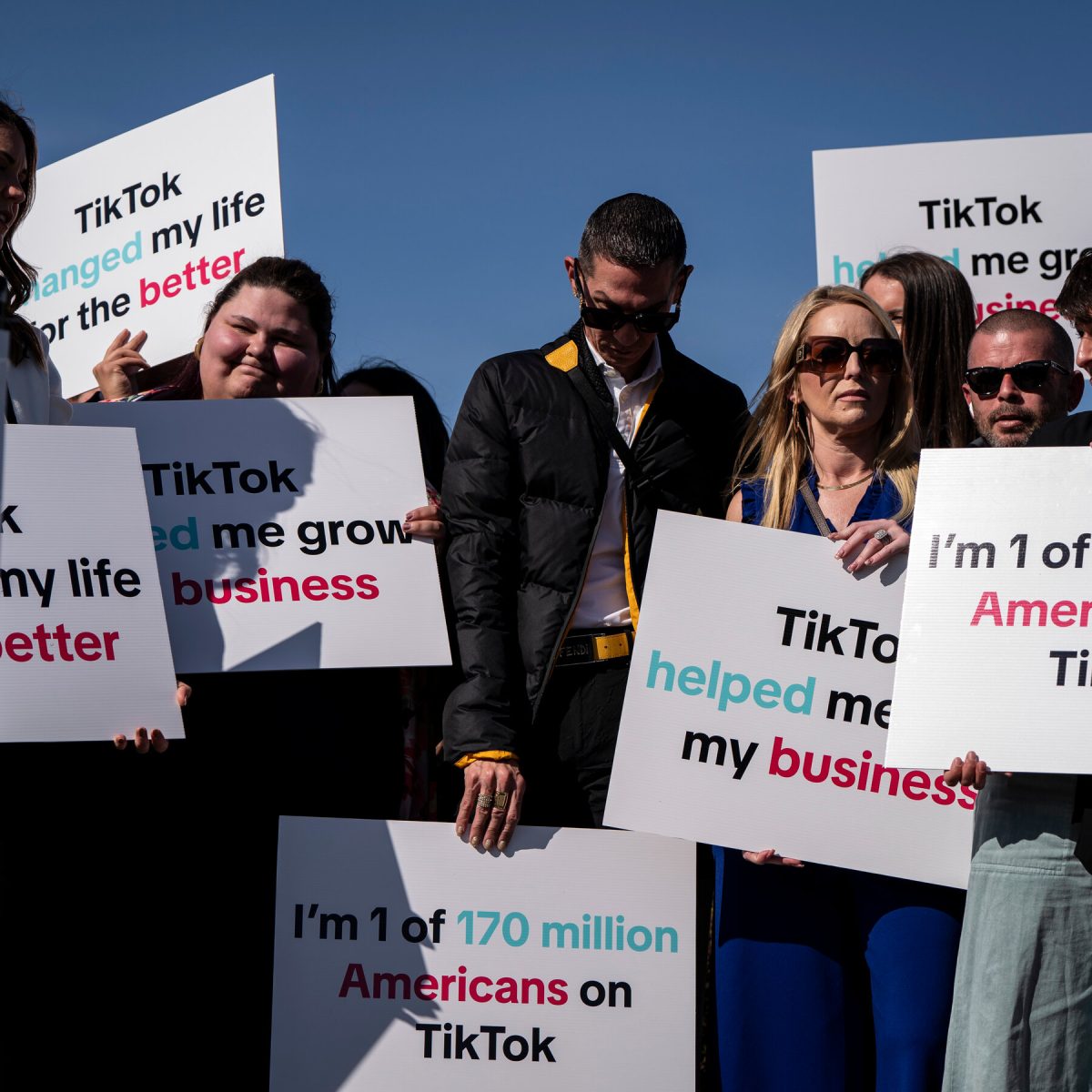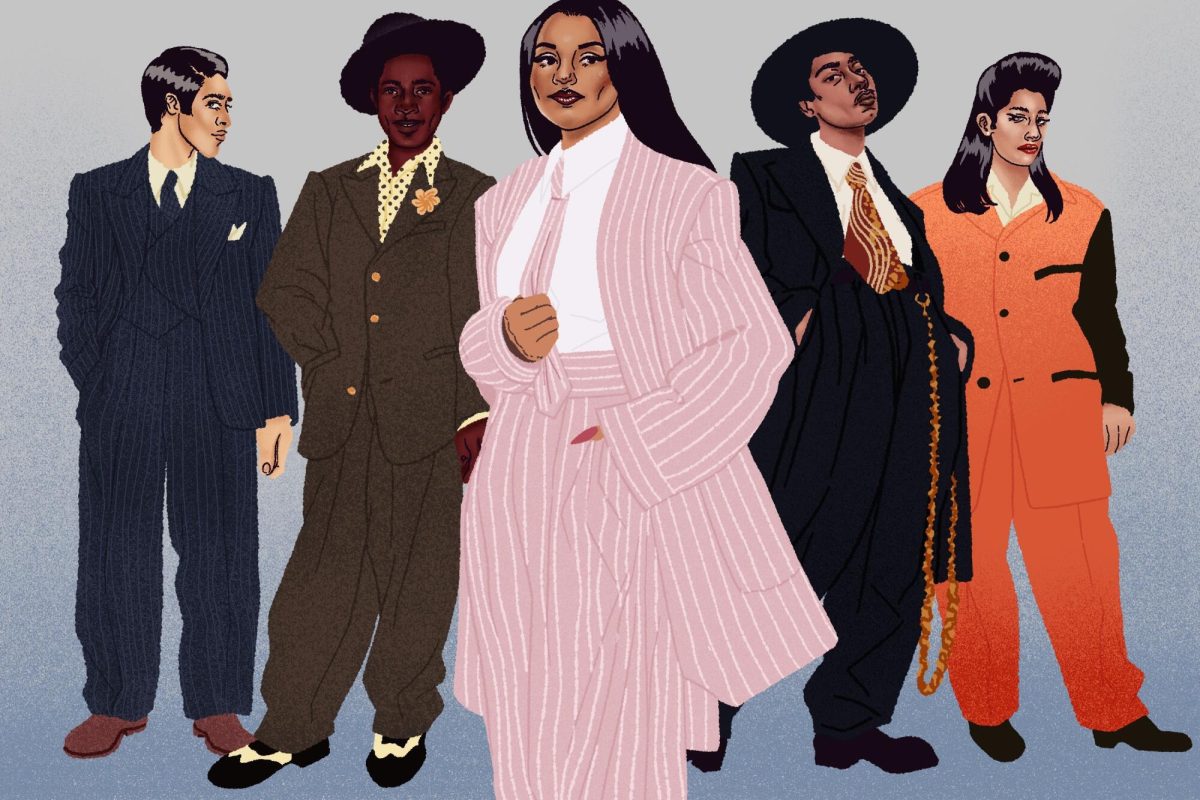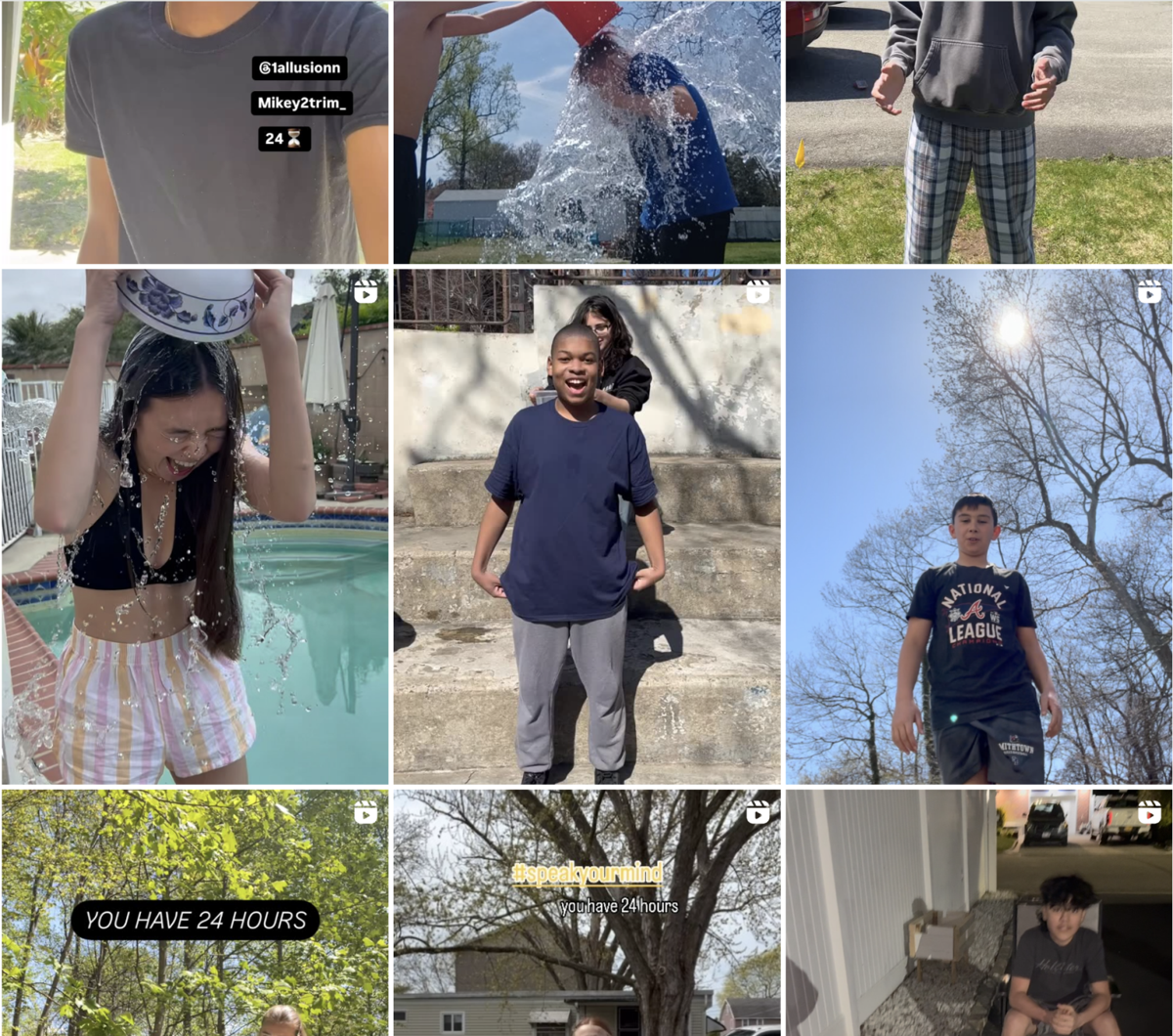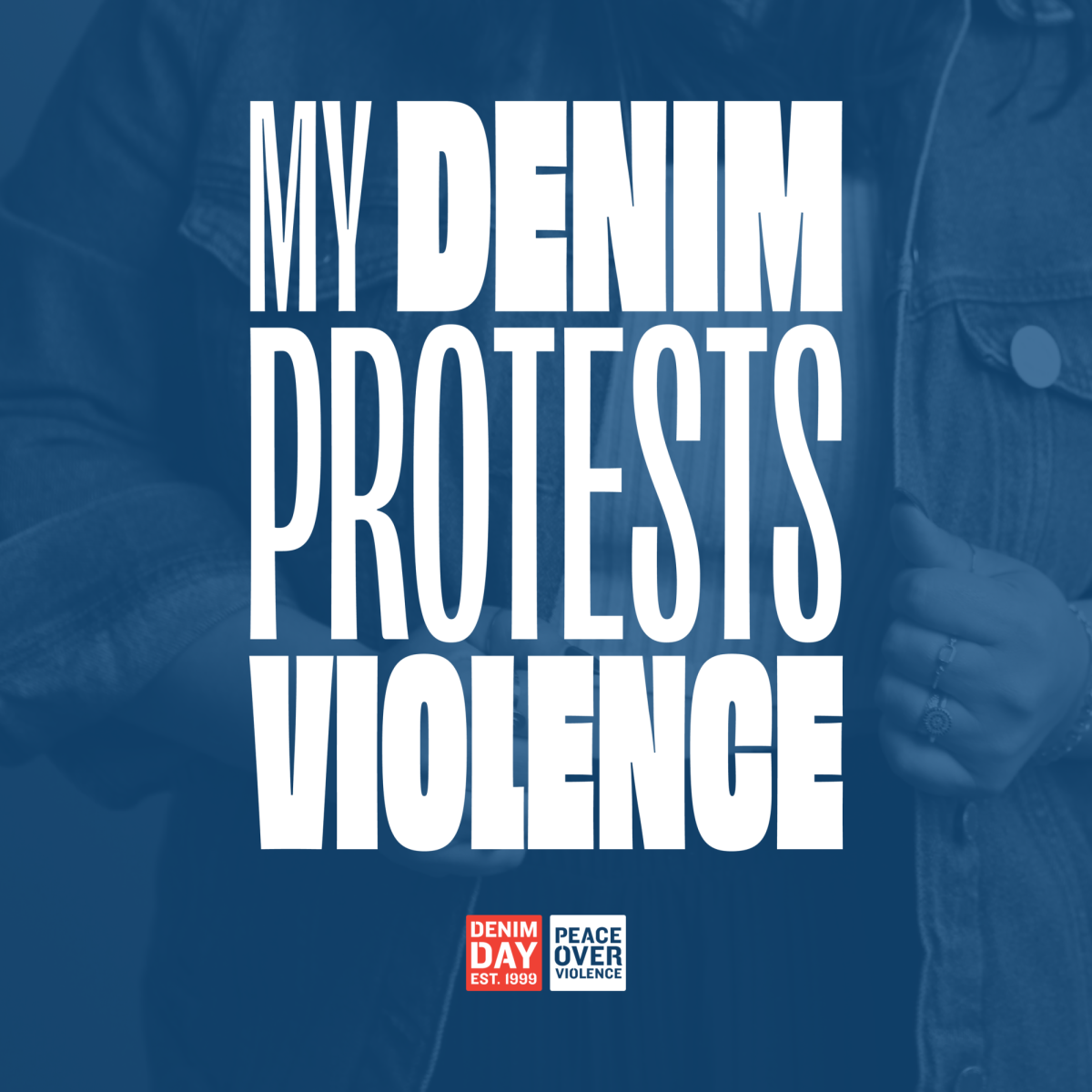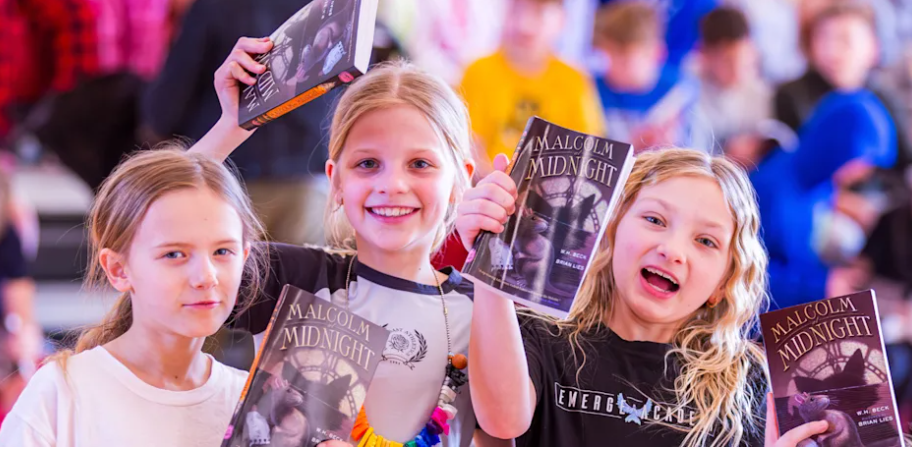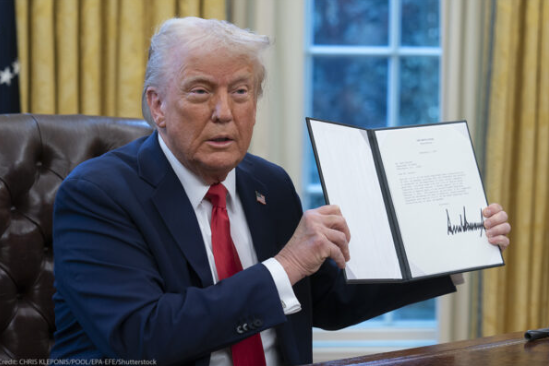Coffee shops, the movies and parks used to be some of the so-called “third places” where people would go to make new friends and socialize. A “third place” refers to a space outside of the home or workplace where people can connect to others. Younger generations have made a shift away from third places onto online social networks. Meeting people and connecting to others has become the new norm as these third places become increasingly irrelevant.
One of the most important social networks to younger generations is the TikTok app which has been one of the most popular ways for individuals to share thoughts and information. Bonds are formed through following and supporting one another’s content. Recently, talks of banning the TikTok app have flooded the media and sparked outrage and concern about how people will consume content. While there are similarities between the TikTok app and short-form content features on other apps such as YouTube Shorts and Instagram Reels no other platform has provided the same levels and comfort and feelings of connection as TikTok.
A New York Times article by Sapna Maheshwari and Amanda Holpuch explained the reason for banning TikTok is “[c]oncerns that the Chinese government could access sensitive user data through the short-form video app TikTok, which is owned by the Chinese company ByteDance, have prompted the U.S. government to pass legislation banning the social media platform unless it is sold to a government-approved buyer.”
While the importance of user safety cannot be ignored the further implications of banning the app is a less spoken issue. The TikTok app primarily has a younger audience and the platform is where many of these young kids get their news. By taking away TikTok a majority of the information younger audiences do care about would go unnoticed.
“The TikTok ban would cause students and kids to not have a great understanding of the world around them. Many younger people rely on this platform and [she] imagine[s] the ban will have a big impact on communication,” expressed student Lauren Ausborn.
While it seems that many young people can identify the issues that may follow this ban the government is going through with it as the bill was signed into law by President Biden. Writer Scott Nover described in a Time Magazine Essay “a ban of TikTok would eliminate an important place for Americans to speak and be heard. It would be a travesty for the free speech rights of hundreds of millions of Americans who depend on the app to communicate, express themselves, and even make a living. And perhaps more importantly, it would further balkanize the global internet and disconnect us from the world.”

